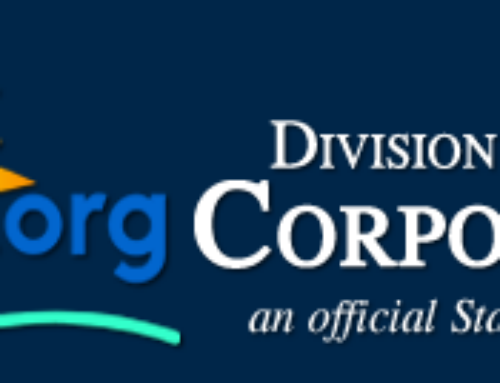In a decisive move to clamp down on tax evasion, the IRS has announced a new series of audits targeting the use of corporate jets by high-income individuals, large corporations, and partnerships. This initiative, backed by the Inflation Reduction Act, aims to dissect the allocation of aircraft usage between business and personal travel, ensuring compliance with tax laws. With an increase in audits anticipated based on preliminary findings and ongoing recruitment of examiners, the IRS is leveraging advanced analytics and additional resources to bring to light areas previously shadowed by resource limitations. IRS Commissioner Danny Werfel highlighted the complexity and tax implications of personal corporate jet use, underscoring the initiative’s role in leveling the tax compliance field.
Corporate aircraft often serve dual purposes for business and personal travel, necessitating detailed record-keeping to accurately separate these uses for tax purposes. This separation is critical as it affects tax deductions and the implications for individuals utilizing company jets for personal travel. Part of a broader “campaign” by the IRS’s Large Business and International division, this effort utilizes a mix of compliance strategies to pinpoint and address non-compliance risks, signaling a broader commitment by the IRS to ensure high-income entities and individuals adhere to tax obligations.
This crackdown on corporate jet usage is just one facet of the IRS’s comprehensive strategy to enhance tax compliance, especially among the nation’s wealthiest. Leveraging funds from the Inflation Reduction Act, the IRS is aggressively closing compliance gaps that have allowed some of the wealthiest taxpayers to minimize their tax liabilities. For businesses and high-net-worth individuals using corporate jets, this means a greater emphasis on maintaining transparent and accurate records to ensure compliance. As the IRS escalates its efforts, our firm remains dedicated to guiding our clients through these changes, ensuring they stay ahead in a shifting tax landscape.



